
Barcelona & Girona Shock Fans With 15-Second Protest
Barcelona and Girona Players Protest La Liga’s Miami Move
The La Liga match up featuring Barcelona and Girona took an unexpected twist at the Olympic Stadium when both teams froze for 15 seconds after the kick-off, an act of conduct that has sent ripples through Spanish football. The teams were acting in unison as part of a broader player protest against the league’s decision to have a regular season match in the United States.
The shared silence by both teams, witnessed by thousands at the venue and millions on television, marks a key moment in the ongoing ordeal between La Liga and the players union (AFE).
Why the Protest?
The Association of Spanish Footballers (AFE) set up the protest because they think the league isn’t open, doesn’t talk to them, and isn’t making sense.
The problem is that La Liga wants to move Barcelona’s game against Villarreal on December 20 to Hard Rock Stadium in Miami.
The AFE says this messes with what Spanish football is all about. They believe making money is more important to the league than what’s good for the teams, players, and supporters.
“We were not part of the protest, but we felt we should follow along,”
said Barcelona midfielder Pedri, highlighting the team’s solidarity with other La Liga players.
The Scene at the Olympic Stadium
When the referee blew the whistle, Girona took the ball and started the play however, neither team moved for 15 seconds.
Such behaviour was reflecting the same protests that were happening in other matches throughout the league and the demonstration in the Real Oviedo vs Espanyol match was the first one which took place the night before.
The message couldn’t be more clear: the footballers are asking for a say in the decisions that will change the working of football in Spain.
Why Miami? La Liga’s Global Ambition
La Liga President Javier Tebas has been trying to globalize the league by playing representative matches abroad for some time, particularly in the American market.
Now, after years of negotiations and legal challenges dating back to 2017, the Spanish Football Federation (RFEF) and UEFA have green-lighted the proposal.
The league defends the decision as a projection of global growth, claiming it will enhance visibility, secure sponsorship deals, and promote fans engagement in North America.
Mixed Feelings from Clubs and Players
This change has caused a split in Spanish football.
While Barcelona and Villarreal said they would join in, other big clubs, like Real Madrid, have said they’re really against it.
Real Madrid called the decision a bad example that gives the teams involved too much of an edge.
Even Barcelona’s Frenkie de Jong expressed his discomfort:
“I can understand the clubs; they will benefit from it. But I would not have decided it myself. From a competitive perspective, it is also unfair… I don’t have the feeling that anyone is listening to us.”
Can the Players’ Union Decide Not to Play?
In a strict sense, the answer is negative. The AFE is not the entity that can command the cessation of the game.
Still, on the contrary, an initiative from the union chief might be actually behind such a scenario. David Aganzo has contacted several authorities and conveyed that, in case his colleagues’ requests remain unattended, they might be compelled to resort to legal or legislative interventions.
It can therefore lead to an epic battle between La Liga’s player-driven strategies versus the players union’s collective power.
Is This a Global Trend?
The concept of having domestic league matches played around the world is not a new one.
In 2008, the English Premier League suggested an idea to hold a controversial “39th game” in major global cities, including New York or Dubai, but the idea was scrapped after facing criticism from fans and FIFA.
In other parts of the globe:
Serie A is planning a match between Como and AC Milan to happen in Perth, Australia in 2026.
The Spanish Supercopa has been held in Saudi Arabia since 2020 in a multi-million euro deal worth upwards of €240m.
Ligue 1 had previously also looked to have matches host in the U.S. and China – however, fan and legal barriers were both run into.
Despite all the criticism, La Liga is still planning to sell tickets for the Miami game next week.
At the same time, the AFE is suggesting they might protest more or even take legal action to stop the move.
No matter where the December 20 game ends up being played, this whole situation has already started an important conversation about making money off of football versus respecting its history.
Share this content:







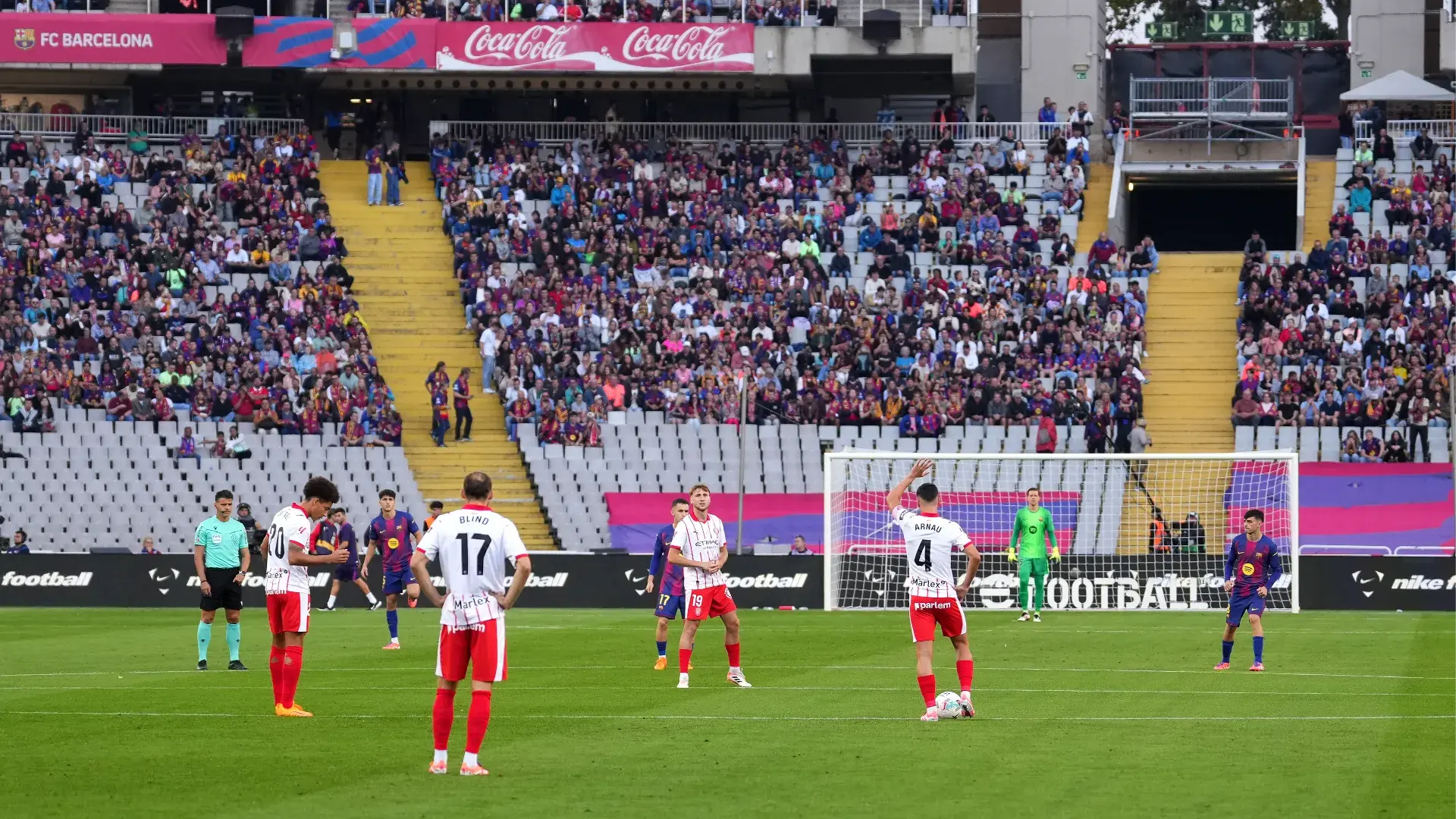


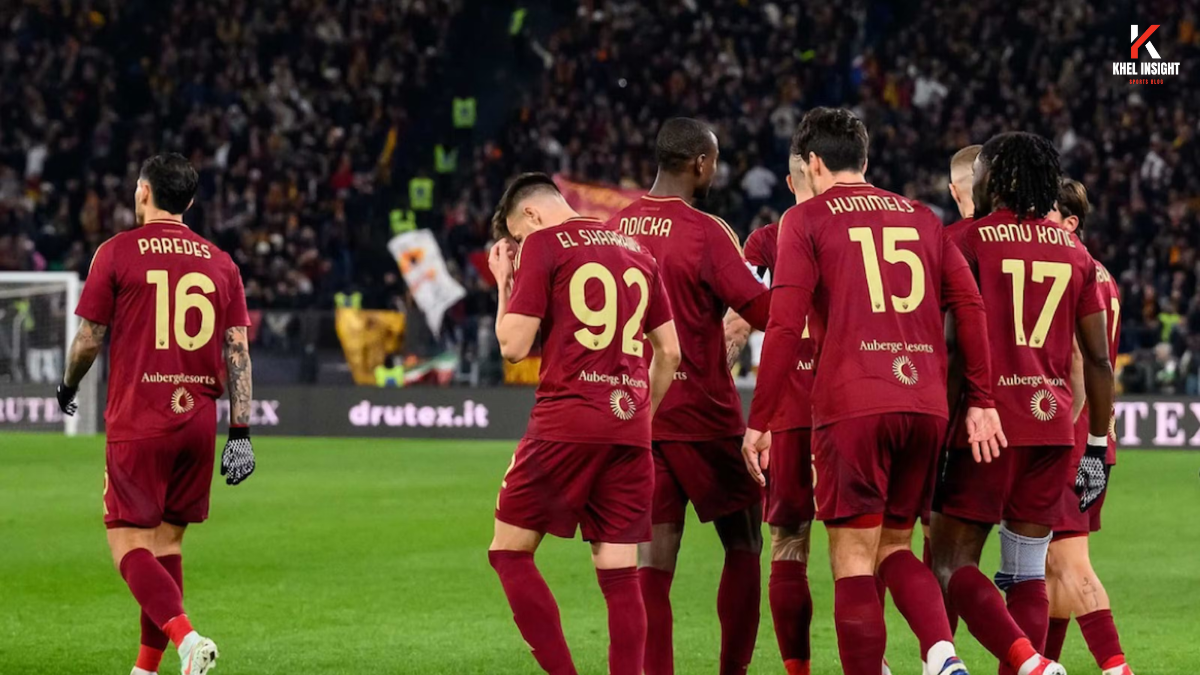

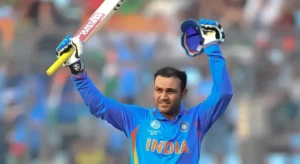
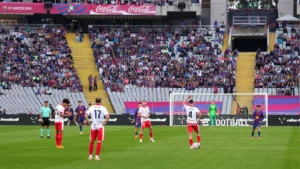





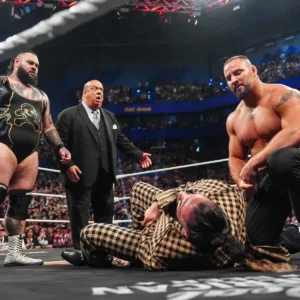

Post Comment